Had it not been for an untimely injury, Chris Richards would have been one of the United States’s starting center backs at the 2022 World Cup.
The Birmingham Alabama native has established himself as the country’s top defender in the years since, starring in the English Premier League and winning both the FA Cup and Community Shield with London club Crystal Palace.
United States teammates Chris Richards (left) and Matt Turner (right) lift the FA Cup trophy. (Photo by Sebastian Frej/Getty Images)
The affable 25-year-old has also emerged as a key leader in the USMNT locker room, with a smile and personality that has endeared him to teammates and coaches alike. Who is Richards off the field? He recently sat down with FOX Sports to help fans find out.
Alabama is gridiron country. How did you end up playing soccer?
Today there’s the [second tier] Birmingham Legion, but back then there was no pro team in the state. The closest senior pro team then was in Atlanta. UAB was probably the highest level to us back then. So it was definitely different. Birmingham only has three youth clubs. Huntsville had two. It felt like we were playing saying teams every weekend.
Once we qualified for regional play, we played teams from Tennessee, Georgia, Mississippi. It wasn't pretty. The teams from Tennessee and Georgia used to kill us. It showed how big the gap was between Alabama and the rest of the South. But it's cool seeing it now, with Legion and with Nashville SC and Atlanta United in MLS, soccer has grown a lot — especially with kids.
When did you realize you had to leave Alabama to further your career?
In Birmingham, everybody knows everybody. Tanner Tessamnn was going to FC Dallas. I wanted to be a professional, but nobody had really offered me an opportunity to take the next step of my development. So I reached out to Luchi Gonzalez at the FC Dallas academy and said I would love to come on trial. And I feel like I did well, but I was just missing a little bit. But I also saw how close I was. I felt like I could have made it if I was given the time.
They didn't take me at first, so I moved to Houston. That's when I realized that this is what I want to do, and I can do it. It was because of the rejection from Dallas.
How old were you?
I was 16 when I moved to Houston, so I lived with a host family. I couldn’t have been blessed with a better situation in Houston. The Eastons were my host family, and we still talk to this day. They've always been like family to me.
When I moved to Dallas at 17, the team put me up in an apartment.
Were you a central defender then?
I played every position. I didn't even start playing center back until I was probably 15. I’d only played the position for a year when I called Luchi.
Did you play other sports?
I played basketball and ran track.
Why not football?
I played flag football. My dad didn't want me to play tackle. First, the football and soccer seasons were at the same time. But also, football in Alabama is like religion. You couldn’t really play another sport at the same time, because all your time went to that. So as much as I wanted to play football, I'm glad I didn’t.
You’re 6-foot-2. Did the football coaches try to recruit you?
I was probably 5-foot-five, 140 pounds soaking wet until I was 16. They wanted me to be the kicker. But I was kind of good at every sport. I had good hands. I throw really well. In flag football, I was always a receiver or safety, so I figured I could play one of those positions. I actually tried out for high school football — my dad didn't want me to, but he was like, it’s your life, you can make that decision if you want. I got the flu that week. I never got sick growing up, and the only time I ever went out for tackle football I was sick as a dog. It worked out.
Did your parents play sports?
My dad played professional basketball overseas, in Iceland, Australia and Bolivia. So I grew up playing basketball first. But I didn't hit my growth spurt till the year I moved to Houston, like I said. That summer, I probably grew five to six inches and gained 40 pounds. When my dad came to see me at Thanksgiving, we were almost looking eye to eye.
My mom swam and played soccer growing up, and was a cheerleader as well. She's from a small town in Ohio country, near Amish country.
How did you get into soccer?
I was a very energetic kid. My parents put me in an after-school program that kept me busy. I remember playing soccer in a gym at my nursery school. Ever since then, it's stuck with me.
And I think because my dad didn't know anything about soccer, that's the sport I chose. He couldn't tell me I was doing something wrong, you know? I kind of fell out of love with playing basketball because he was so tough on me. Sometimes I wish I continued playing basketball. I still love it.
Do you have a favorite team? Favorite players?
Players, yeah. Huge Kyrie Irving fan. Kobe, of course. I was more of a point guard than a shooting guard, so Kyrie was my guy. I also love LeBron. Devin Booker, too.
Have you crossed paths with any NBA players?
My dad's favorite player growing up was Dominique Wilkins, so it was cool to meet him. We’re both investors in the Legion, so I got to introduce my dad to him. That was cool. I met Kemba Walker when he was in Charlotte. Eric Bledsoe — he’s from Birmingham. I met him at a camp a long time ago.
Who's the most famous person you've met?
I met Price William when we won the FA Cup. He just congratulated me. My first year with Palace we played Bournemouth, and Michael B. Jordan just bought into the team. So that was cool, being able to say hello to him in the tunnel.
I was on a on a flight to Monaco for F1 and Matt Damon was on the plane. But I heard he's kind of a jerk so I just gave him a head nod. My favorite movie ever is Saving Private Ryan, so that part was pretty cool.
(Photo by Michael Regan - The FA/The FA via Getty Images)
Why do you like that movie so much?
I've always been fascinated with World War II. My great-grandfather actually fought in it. In was always my favorite topic in school. It's fascinating.
If you weren't a soccer player, what would you be doing?
I've always loved shoes, so I’ll say shoe designer. History teacher would have been cool as well. Maybe be a basketball coach on the side.
You've got a ton of tattoos. What was the first one you got? What's the story behind it?
My first one was the date I moved away from home: August 6, 2016. I got it in Dallas the day before my 18th birthday. It was the worst pain in the world. Never thought I’d do it again. One thing led to another and I got a few more.
Growing up I hated needles. I was never really fascinated with tattoos. But I had really bad eczema on my arms as a kid. I used to always wear long-sleeved shirts. I liked the idea of being able to cover up that part of my body.
Then just seeing other people with tattoos, training with the FC Dallas first team and seeing them, I think it was cool. I remember looking at Maxi Urruti and on his leg he had all the different clubs he played at. Tattoos can tell a story. I wanted my tattoos to tell a story about me. In 60 years from now, if God forbid I can't remember anything, my body will still be able to tell a story.
I know you have one of John Carlos and Tommie Smith at the 1968 Olympics.
Growing up as a black man in Birmingham, you're taught that a lot of your history has kind been covered up or deleted. So you kind of need to do your own research.
On my right arm, it's mostly African-Americans who have changed the world: Muhammad Ali, Kobe Bryant, Martin Luther King. I have the Olympics, like you said. I think it's a part of history that people tend not to remember. It’s looked on now as like this great American moment, but they couldn't even get jobs when they got back to the U.S.
You mentioned Saving Private Ryan. What other movies do you like? What's your top five like? You know, other ones that you like?
I love Quentin Tarantino films: Django Unchained, Inglourious Basterds. Soul, the Pixar movie. The comedy Step Brothers is probably up there.
What type of music do you listen to?
A lot of house music recently, but I also like hip hop, country. The British rapper Dave is dope. My favorite artist right now is Shaboozey. He's like a mixture of hip hop and country. I really like his vibe.
Every new player who joins the USMNT has to sing in front of the group. What song did you sing?
Hotline Bling by Drake. But I remember when I was at Bayern Munich, we were in Qatar for a preseason camp and tensions in Middle East were kind of tough. Something had happened at one of the U.S embassies over there, and my dumb ass sang Party in the USA. Everyone's looking at me like I’m crazy.
Were you nervous?
Yeah, but everyone's been through it, right? The best thing to do is to have a song that people can sing along to so they kind of catch on, like, halfway through. The problem was that I was on a German team. I didn't quite know my audience yet.
What's your earliest memory of watching the national team?
World Cup 2010 against Algeria. I remember when Landon Donovan scored the goal. I was at a soccer camp in downtown Birmingham, at Birmingham Southern College. We were on the pitch, and they had the radio, like, on the loudspeaker.
I guess Tim Howard picked up the ball and threw it out. And they had the commentary blasting, like as loud as possible, and you could just feel the tension rising. They scored the goal, we heard the "Go, Go USA!" call and it was just amazing. That was definitely when I realized what the national team was all about.
(Photo credit should read TIMOTHY A. CLARY/AFP via Getty Images)
Which players did you look up to?
Cristiano Ronaldo, because growing up I was a winger and we have the same initials. and right? I wore CR7 cleats. I had a red Manchester United jersey with Richards on the back and seven. I got the blue one, too. I loved Manchester United.
After I started playing center back, I really liked Jerome Boating, Sergio Ramos. I used to like Eddie Johnson a lot. He’d come out with yellow hair. One time he had a lightning bolt in his hair. I just thought that was so cool. He broke the norm. I liked Gyasi Zardes’ hair, too.
Gyasi told me he dyes his hair blonde so his grandmother can see him on the field. You’ve had different hairstyles, but you’re also easy to find. Is that part the thinking?
At first, it was just for swag. Then my grandma had a stroke about three years ago. When she sees my games now, she's like, "There's Chris." That's probably the main reason, that it’s very recognizable.
So you go from Alabama to Texas, and then couple years later, you’re at Bayern Munich.
It was crazy. Within two years — the summer of 2016 I was moving to Houston from Alabama, then 2018 summer I was moving to Germany. It didn't feel real, like, when I look back on it now.
When you arrived in Germany, I’m sure it got real real quick.
The first day I walked into the changing room and saw David Alaba, Frank Ribery, these world class players. It was jaw-dropping to me. Very intimidating, too. I didn't speak the language. It was tough.
It was only supposed to be for a few months, but they wanted to make it a permanent move. I wanted to come back to Dallas at that point and play in MLS.
(Photo by Roland Krivec/DeFodi Images via Getty Images)
Why?
I was supposed to be there for six months, playing with Bayern’s under 19 team. I brought one big suitcase. My agent calls and says Bayern wants to make your deal permanent. Five year contract. I don't really want to, I'm gonna come back and play for FC Dallas like some of my friends were doing. He's like, bro, think about it.
I called Eric Quill — he was my coach at Houston. He was like, Don't live life with regrets. Do it. Trust me. I talked with my parents, and it was just the right fit for me.
How did your parents feel about like, you leaving home at 16?
My dad knew that if I wanted to get to where I’m at now I had to do it. But my mom was devastated. So it was tough. At the time, my brother was three years old, and my sister was nine. I’m the oldest, we're all six years apart. So I knew that that was the last time I’d me living in the house with my family.
It was tough for everybody, a lot of sleepless nights, a lot of phone calls back home.
What's the best part of living in London?
The different cultures? It's something in Birmingham that you don't get aside from Mexican, Latin American culture — which to be fair in London they're missing a little bit.
But there's a lot of Caribbean influence, a lot of African influence, a lot of Middle Eastern influence. I did find a good Mexican restaurant in London — they see me probably once a week.
How do you stay connected to your American roots while overseas?
I go to the movies all the time. In Munich, there was only one movie theater that played English movies, so I used to go once a week, middle of the day, after training.
How long did it take you to learn to drive on the other side of the road?
When I first got my first car in England, I had to take the train down to Bournemouth to pick it up and drive it back, like, three hours.
I was in the fast lane thinking it was a slow lane. It was a mess. I got there in the end but my shirt was drenched with sweat. It took about two weeks to feel normal.
What do you want your legacy to be after soccer?
I want to be remembered as the best defender to ever play for the national team. I just want to be known as this guy who just loved to defend. Nowadays, there's this stigma that everybody needs to be the best ball-playing defender. My main job is to defend. That's what I'm gonna do.
Off the field, I want people to remember that I was a better human than a soccer player.
Would you want to coach when your playing days are over?
I want to be an agent. Growing up I wanted to be a coach. Then I left home early and I didn't ever really want to be that far away from my family again. I don’t want to have to move my family here and there. Being an agent, you can do it from a lot of places. I think I will get my coaching license, though.
What has fatherhood taught you?
It's given me a completely different perspective. You always hear that then once it actually happens, once your child's born, it's like you have to always provide for this person.
For me it’s doing the extra things of training, making sure that I put myself in the best position to help my family. So it's taught me different responsibilities, taught me that you don't come first anymore. Your child comes first. And that's beautiful. It's the best thing in the world.
Doug McIntyre is a soccer reporter for FOX Sports who has covered United States men's and women's national teams at FIFA World Cups on five continents. Follow him @ByDougMcIntyre.

 4 hours ago
1
4 hours ago
1
.jpeg)







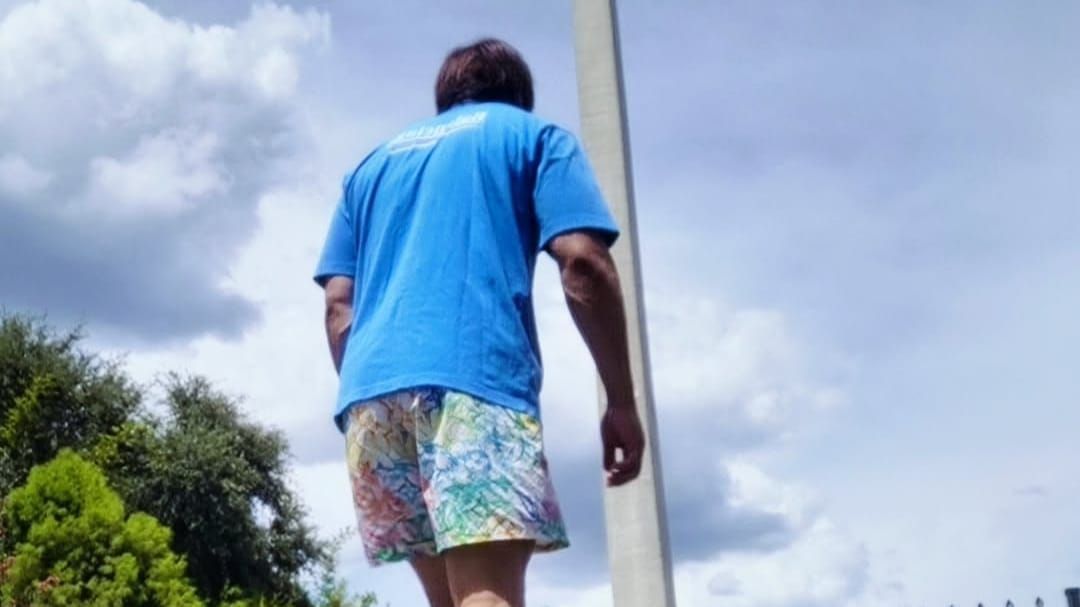
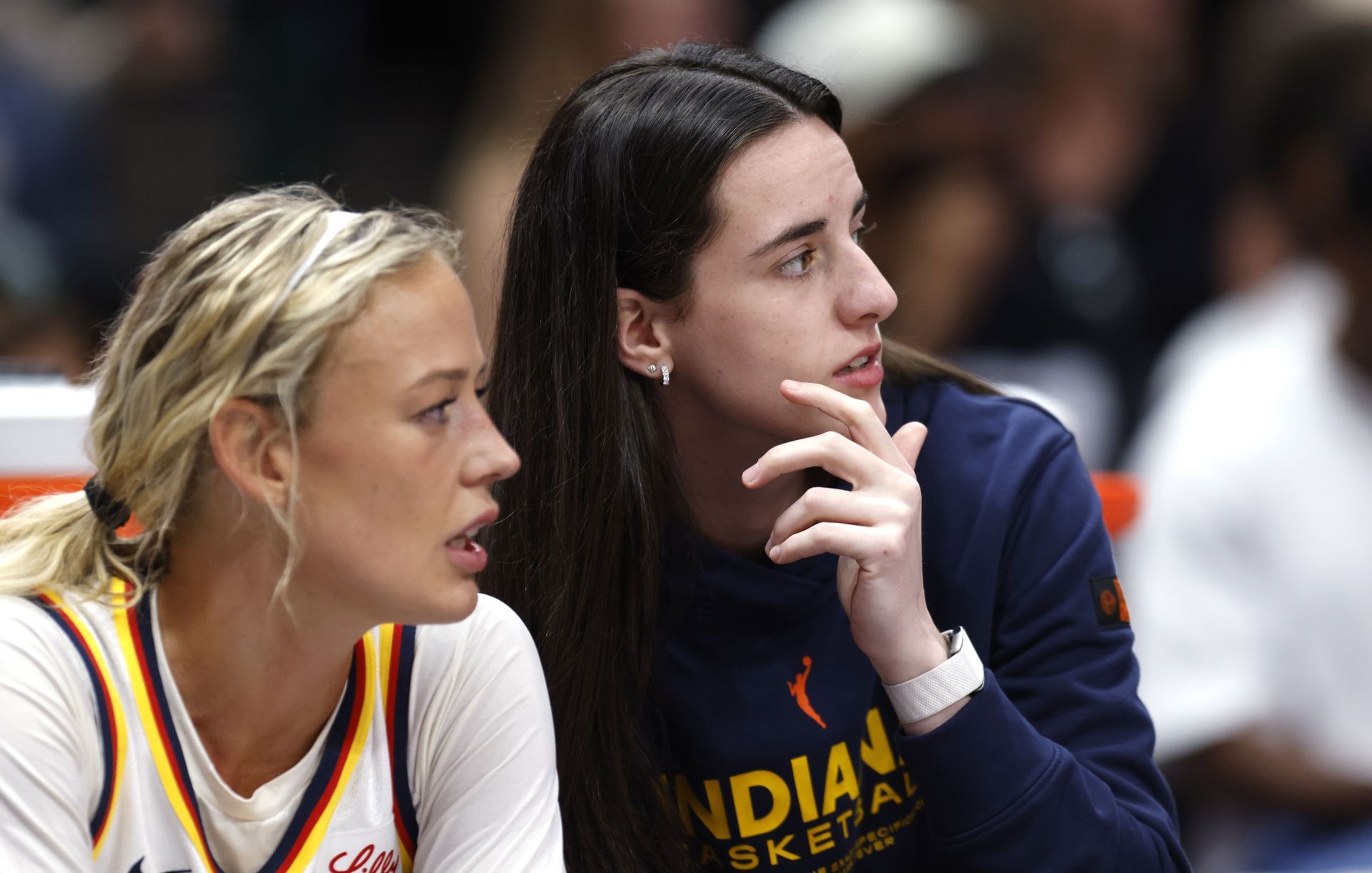
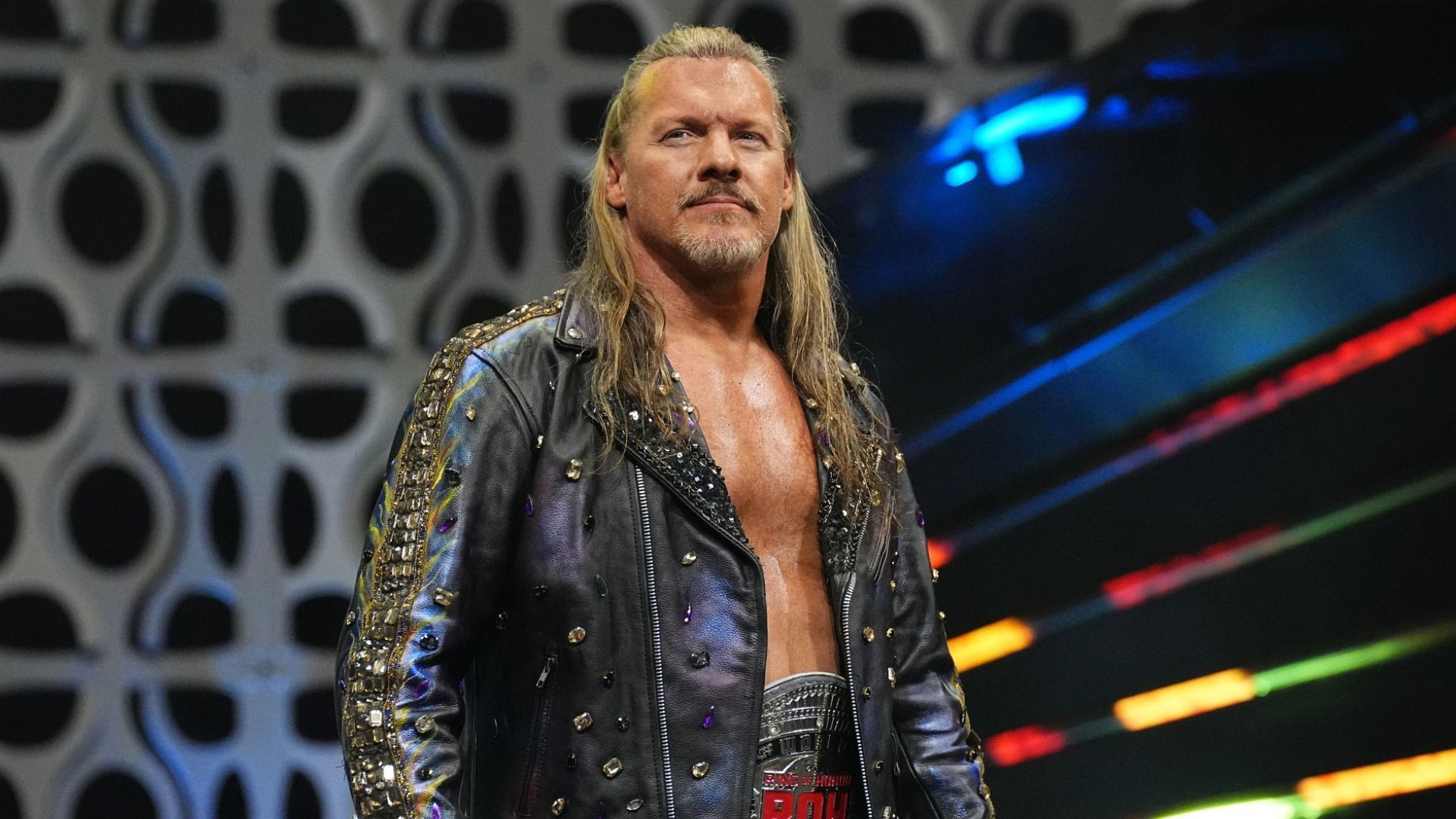

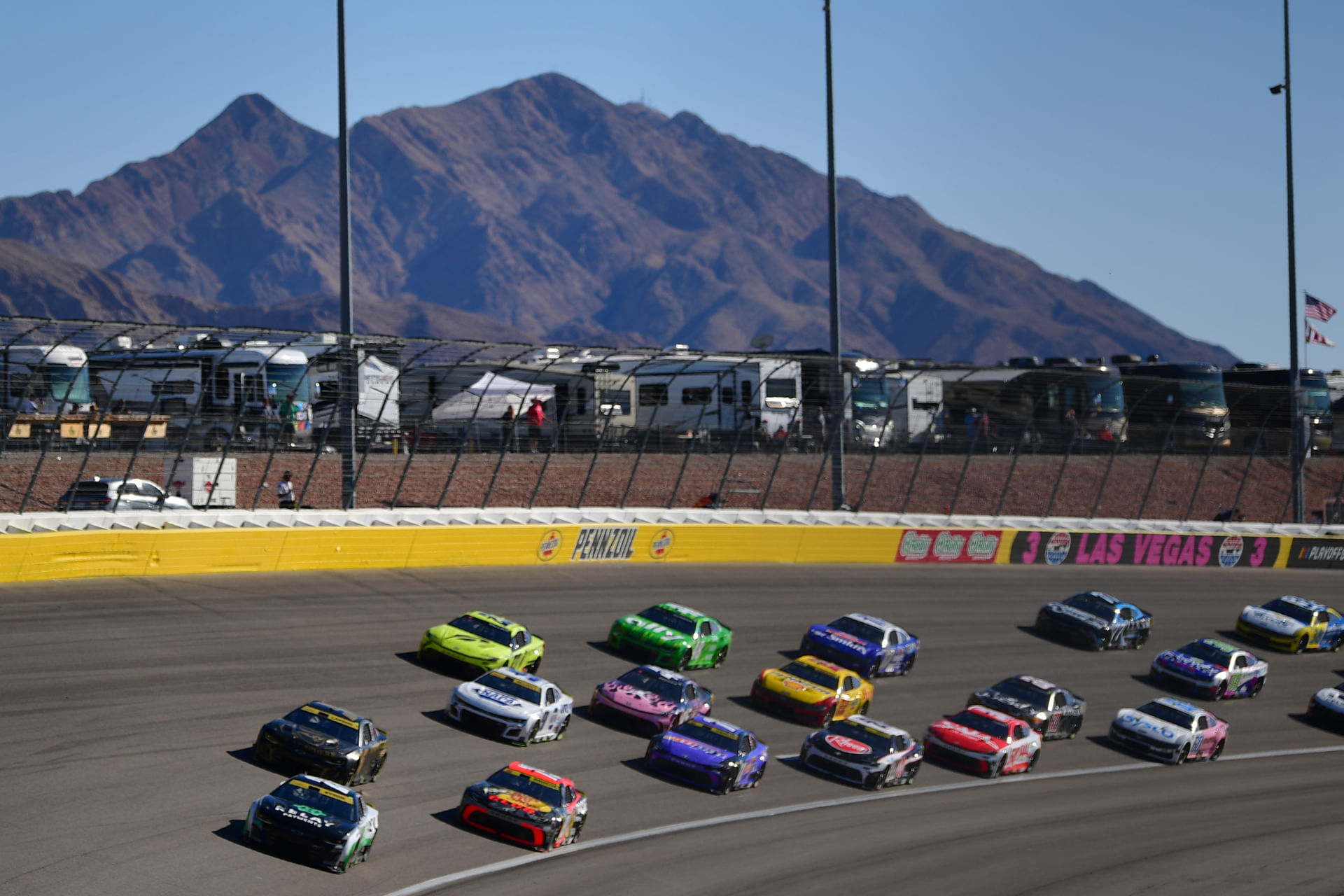
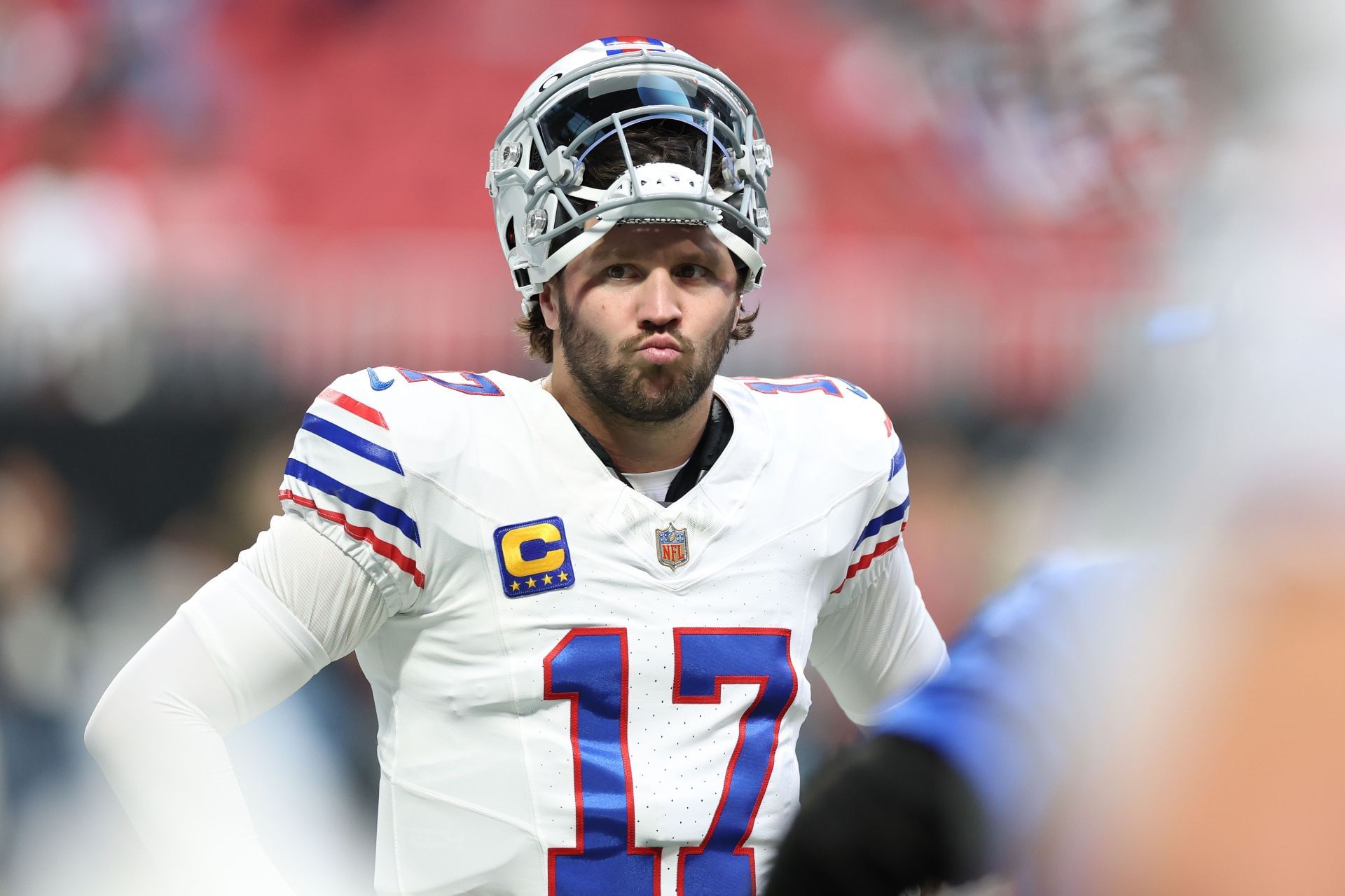



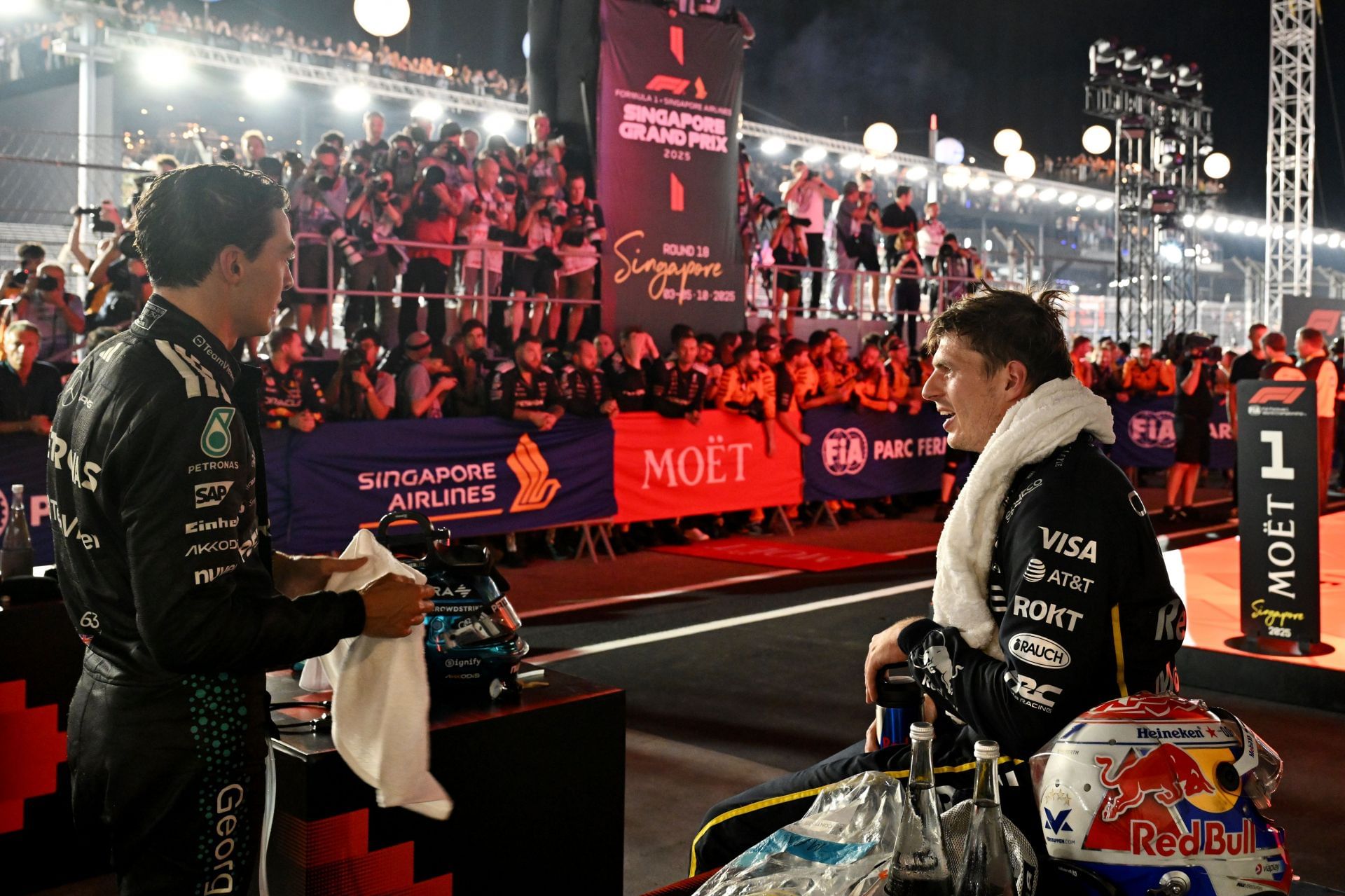


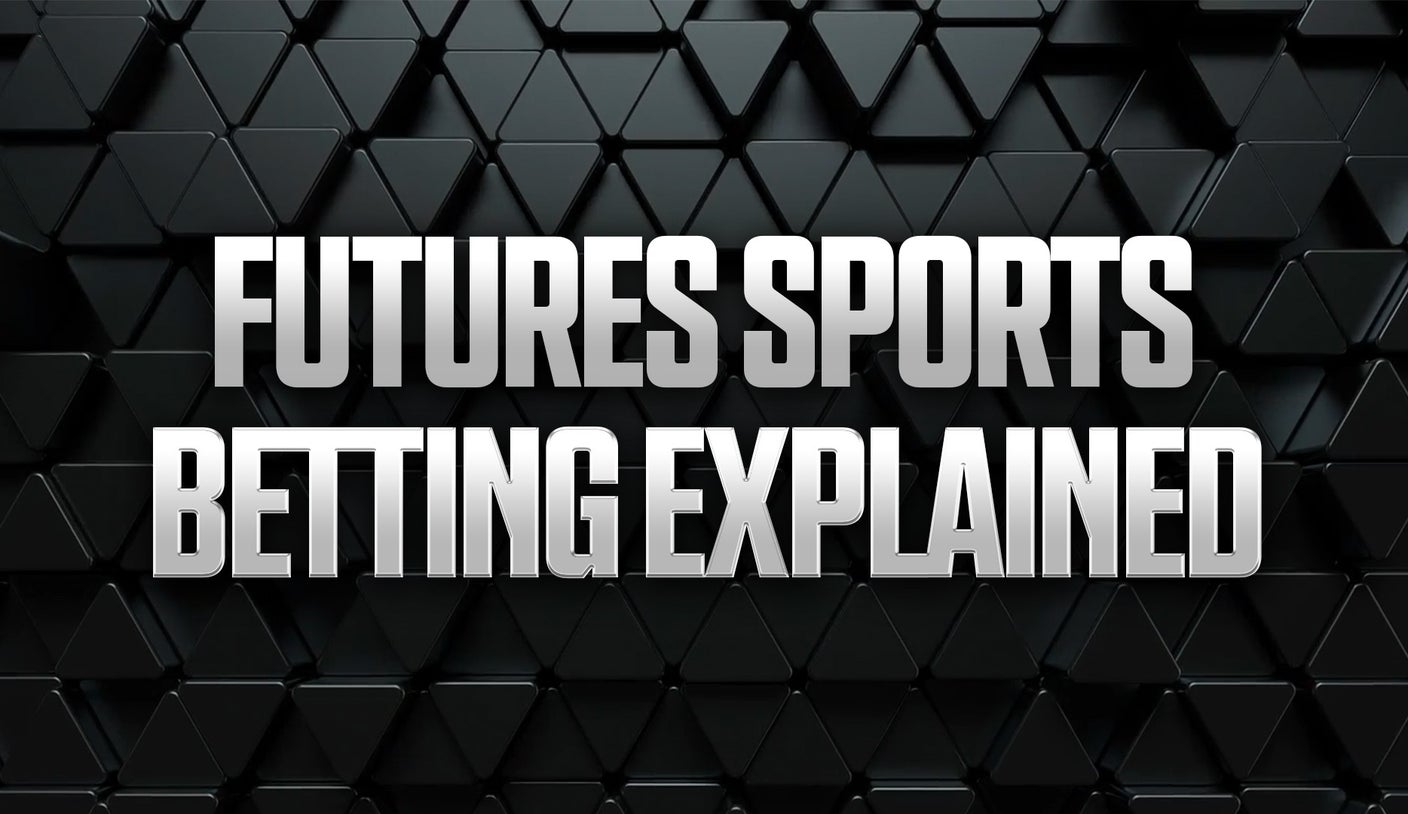



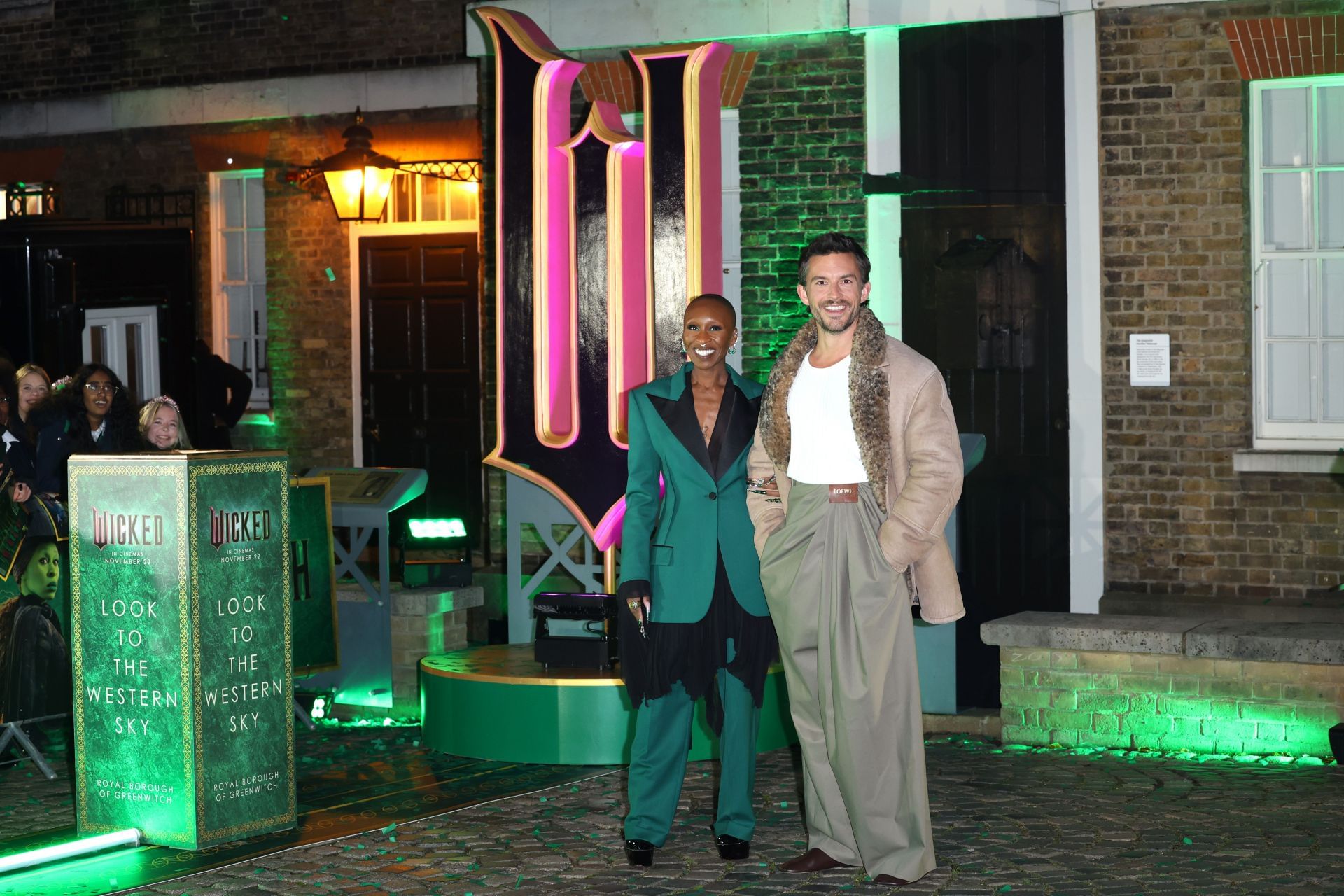
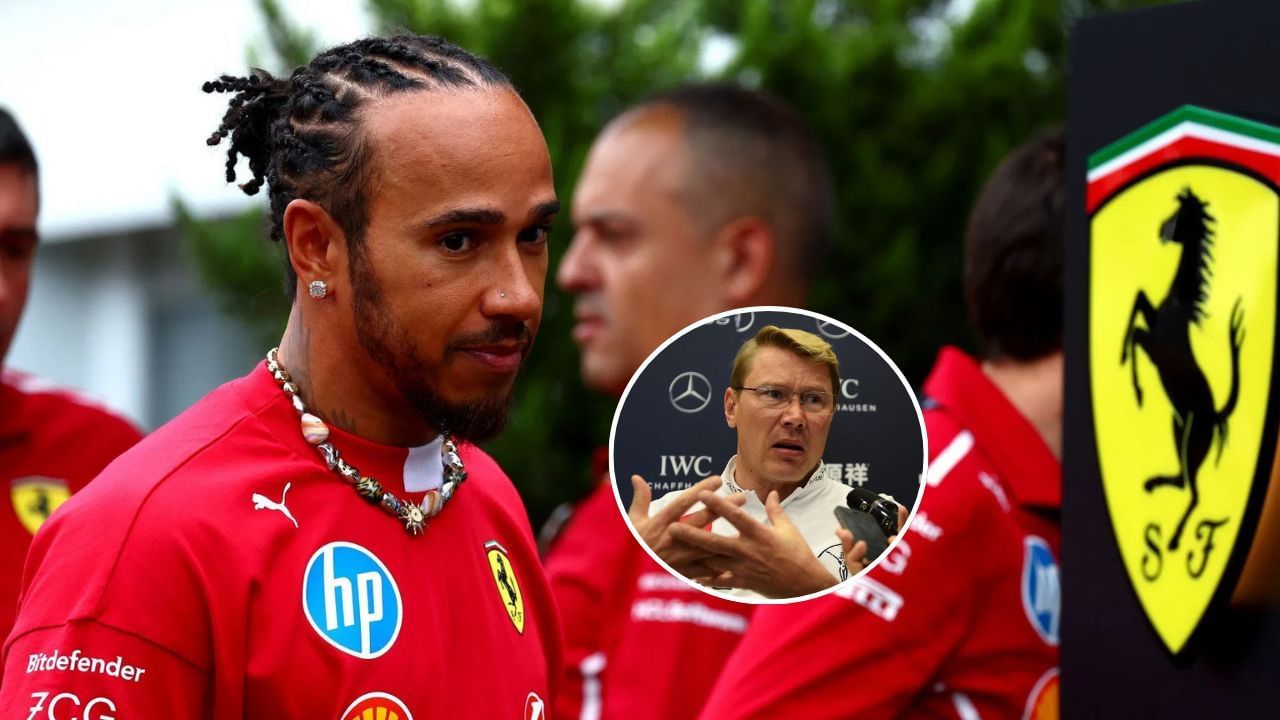
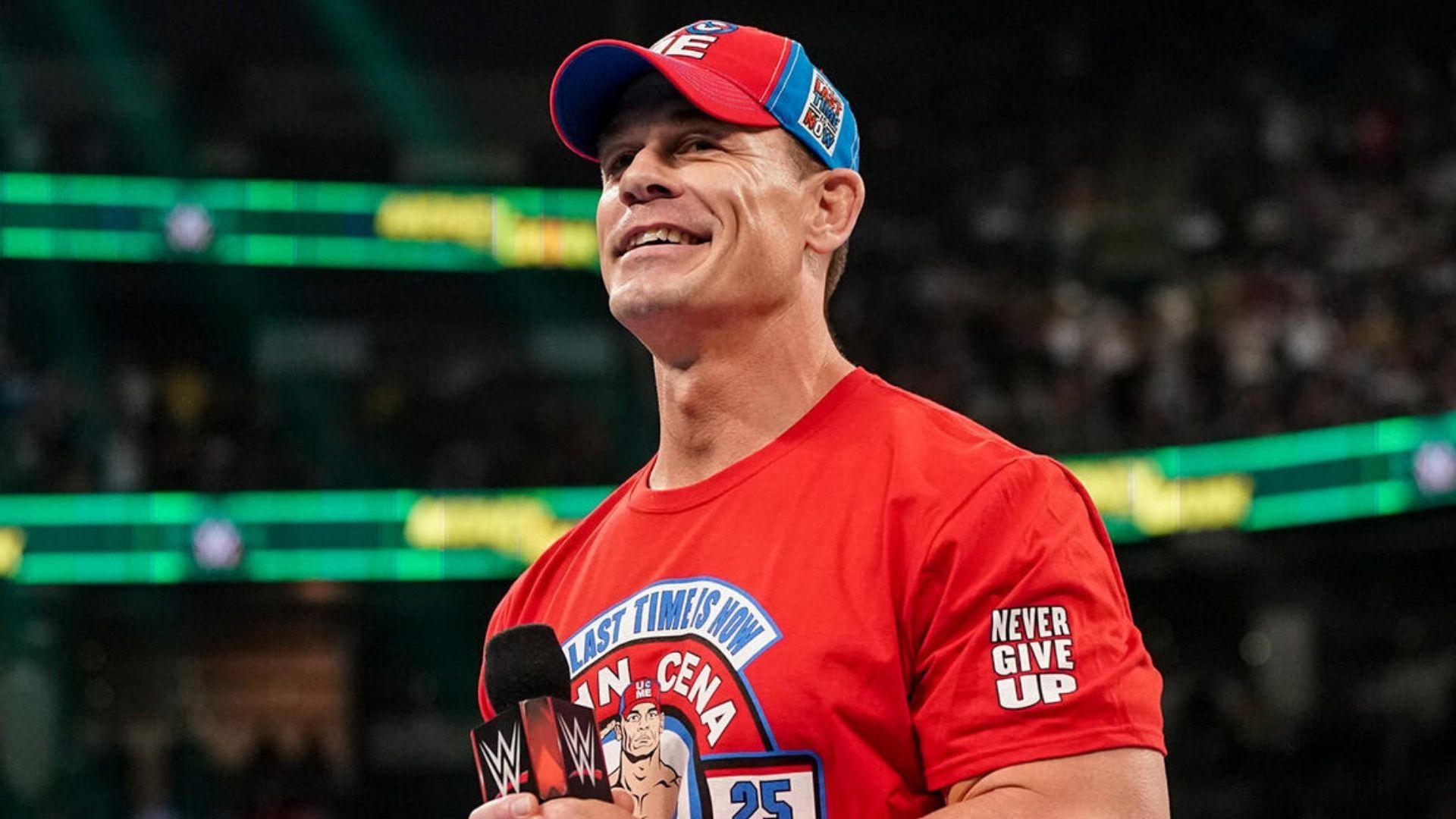



.jpeg)













 English (US) ·
English (US) ·